Have you ever wondered why some dogs seem to have a sixth sense for human emotions? It’s not just puppy love—some breeds are remarkably attuned to our moods, making them perfect partners for emotional support. Imagine coming home after a tough day, only to be met by a furry friend who just knows you need a little extra comfort. These dogs aren’t just pets; they’re lifelines, offering solace, warmth, and that magical wag of the tail that says, “I’m here for you.” Dive into the world of emotional support dogs, and discover which breeds have a natural gift for helping us heal, cope, and feel truly understood.
Labrador Retriever
When it comes to emotional support, not every dog is the same. Some breeds are naturally more intuitive, calm, and eager to form deep, meaningful bonds—making them ideal candidates for emotional support training. These special companions have a unique ability to sense their owner’s feelings and offer comfort without hesitation, often thriving when given a purpose centered around love and connection.
No list of emotionally supportive dog breeds could ignore the ever-popular Labrador Retriever. Labs are famous for their gentle nature and patience, making them superstars in providing comfort and security. Their high intelligence means they quickly pick up on emotional cues and learn support tasks, from providing deep-pressure therapy to simply curling up by your side. Labradors are eager to please, which makes them especially responsive to training. Their friendly, affectionate personalities help them build strong bonds with their owners. Whether you’re feeling anxious or blue, a Lab has a magical way of lifting spirits. Their playful antics and soulful eyes bring genuine joy into any home. It’s no surprise that Labradors are one of the most chosen breeds for emotional support training.
Golden Retriever
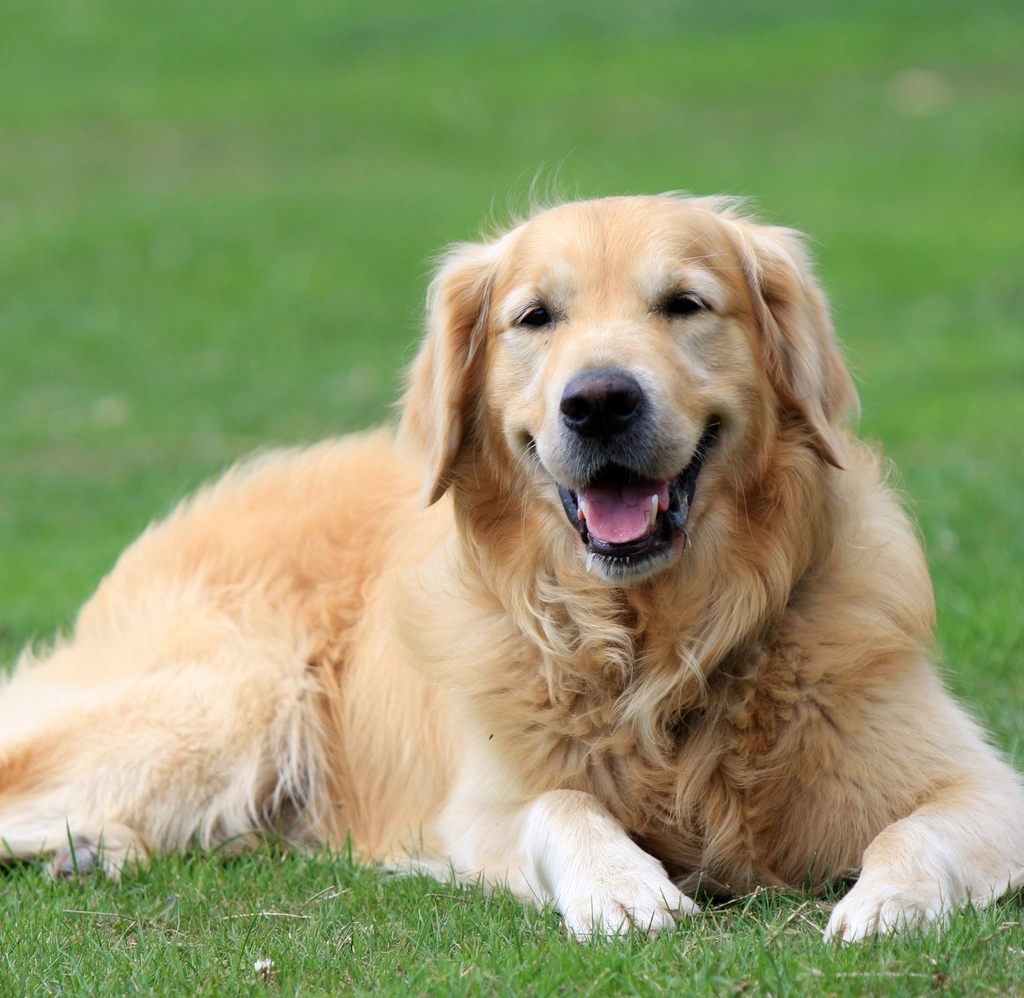
Golden Retrievers are like sunshine wrapped in fur. Their sweet, patient personalities make them wonderful for those in need of emotional comfort. Goldens thrive on human interaction and are sensitive to mood changes, always striving to provide love and reassurance. They are calm and steady, making them ideal for both children and adults who may struggle with anxiety or depression. Their intelligence and willingness to learn make training them for emotional support tasks a breeze. Goldens are loyal to the core, never leaving their owner’s side during tough times. Their fluffy coat and loving eyes seem to say, “Everything will be okay.” It’s easy to see why Golden Retrievers are cherished as emotional support companions around the world.
Poodle
Poodles are more than just show dogs with fancy haircuts; they’re emotional geniuses. Whether standard, miniature, or toy, Poodles are incredibly intuitive and sensitive to their owner’s emotional needs. Their hypoallergenic coat is a bonus for those with allergies, making them accessible to more people. Poodles excel at learning tasks and can be trained to detect and respond to emotional distress. They form close attachments and are always ready to offer a comforting presence. Their playful nature brings lightness to any room, while their calm demeanor soothes frayed nerves. The Poodle’s adaptability and intelligence make it a top pick for emotional support training. If you want a dog that can match your moods and lift your spirits, a Poodle is a perfect choice.
Cavalier King Charles Spaniel
With their big, soulful eyes and ever-wagging tails, Cavalier King Charles Spaniels seem born to be emotional support animals. These small dogs are famous for their gentle, affectionate temperament. Cavaliers thrive on cuddles and can sense even the slightest change in their owner’s mood, quickly responding with nuzzles and warmth. They’re adaptable and happy in small spaces, making them great for apartment living or for those who don’t have a large yard. Cavaliers are eager to please and easy to train, learning emotional support tasks with enthusiasm. Their calming presence can ease feelings of loneliness and anxiety. It’s almost as if they were designed to be little companions, always ready to lend a loving paw or a comforting snuggle.
Border Collie
Border Collies are often recognized as the Einsteins of the dog world, but their intelligence isn’t their only superpower. They are incredibly attuned to their owner’s emotions, often reacting to subtle changes in mood or body language. Collies are energetic, but they also have a nurturing side that makes them attentive companions. Their eagerness to learn and work means they excel in emotional support training, quickly picking up on tasks that help soothe anxiety or provide comfort. While they need regular exercise, their loyalty and sensitivity make them wonderful partners for those needing emotional guidance. Border Collies have a knack for knowing when to be playful and when to be calm, offering the perfect balance for emotional support.
Pug
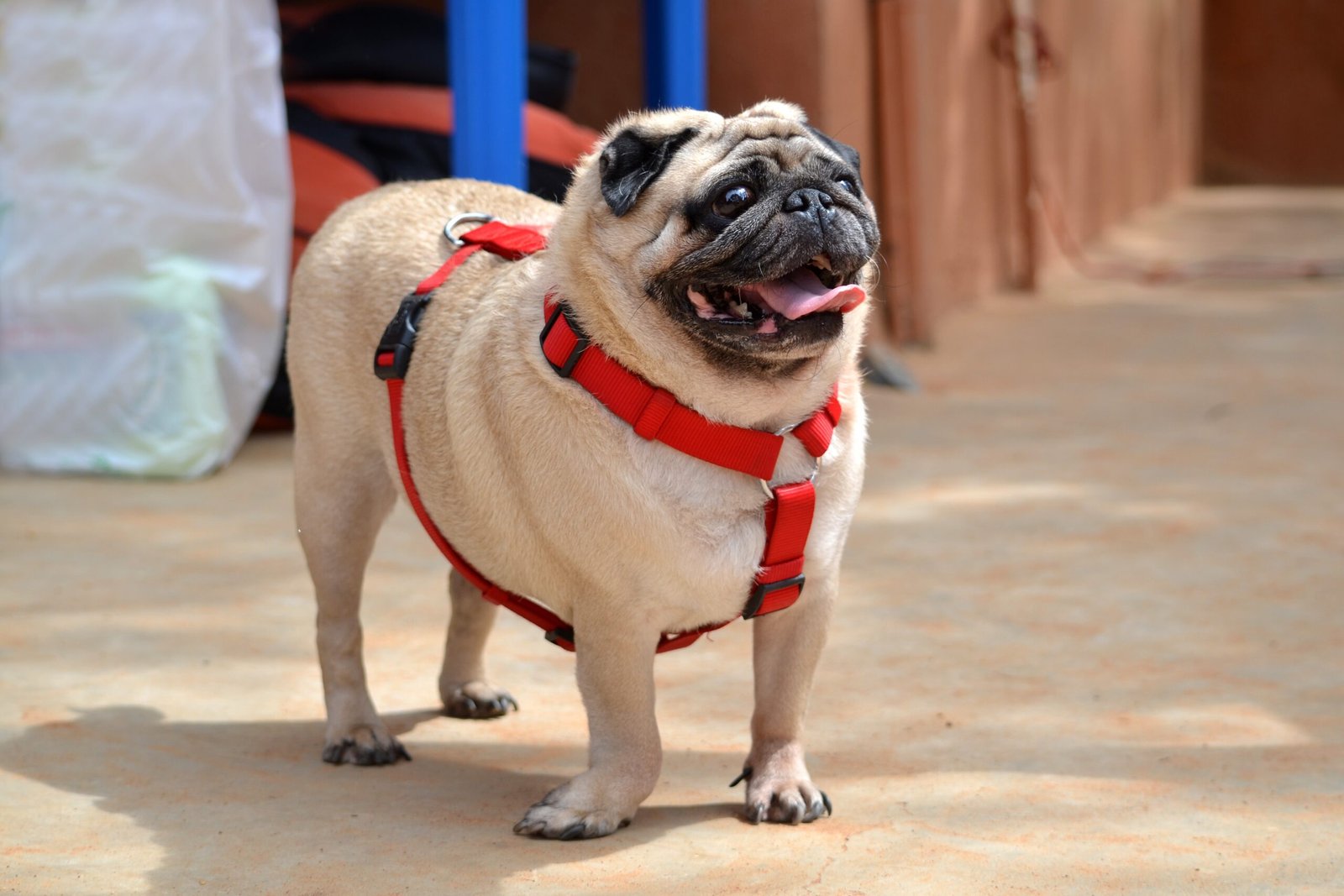
Pugs may be small, but their hearts are enormous. Their charming, clownish personalities can turn even the gloomiest day into one filled with laughter. Pugs are incredibly affectionate and form deep bonds with their owners, often following them from room to room. They are sensitive to emotions and will do their best to cheer you up with their goofy antics or by simply sitting quietly in your lap. Despite their compact size, they provide a strong sense of security and comfort. Pugs are low-maintenance and adapt well to different living situations, making them ideal for many people in need of emotional support. Their wrinkled faces and sparkling eyes are a daily reminder that joy can be found in the smallest moments.
Yorkshire Terrier
Don’t let their tiny size fool you—Yorkshire Terriers, or Yorkies, have giant hearts. These little dogs are fiercely loyal and thrive on close companionship. Yorkies are quick to notice when their owner is feeling down and will offer comfort with gentle snuggles or playful distractions. They are easy to train for emotional support tasks and adapt well to various living environments, including apartments. Their portable size means you can take your emotional support buddy almost anywhere. Yorkies are attentive and love to be involved in their owner’s daily routines, providing a sense of structure and reassurance. With their silky coats and bright personalities, Yorkies show that sometimes, the best emotional support comes in small packages.
German Shepherd
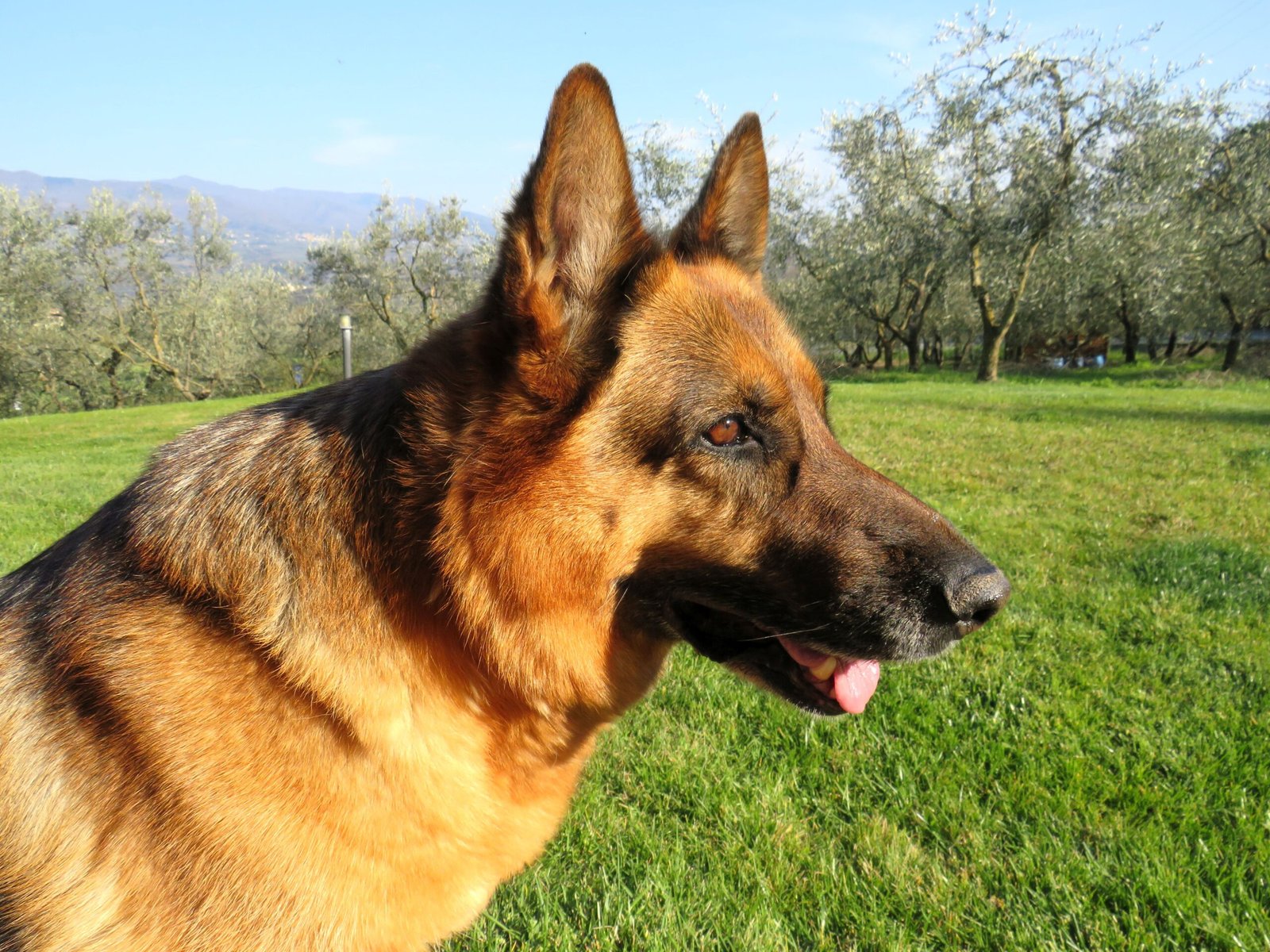
German Shepherds are known for their courage and intelligence, but they also have a softer, nurturing side. These dogs are highly trainable and excel at understanding their owner’s needs, making them excellent emotional support animals. German Shepherds offer unwavering loyalty and are always alert to changes in their owner’s mood or behavior. Their protective nature provides a sense of safety and comfort, especially for those who struggle with anxiety or fear. They are gentle with children and form deep bonds with every family member. Training a German Shepherd for emotional support tasks is both rewarding and effective due to their eagerness to work. They embody strength and gentleness, offering steadfast companionship through life’s ups and downs.
Great Dane
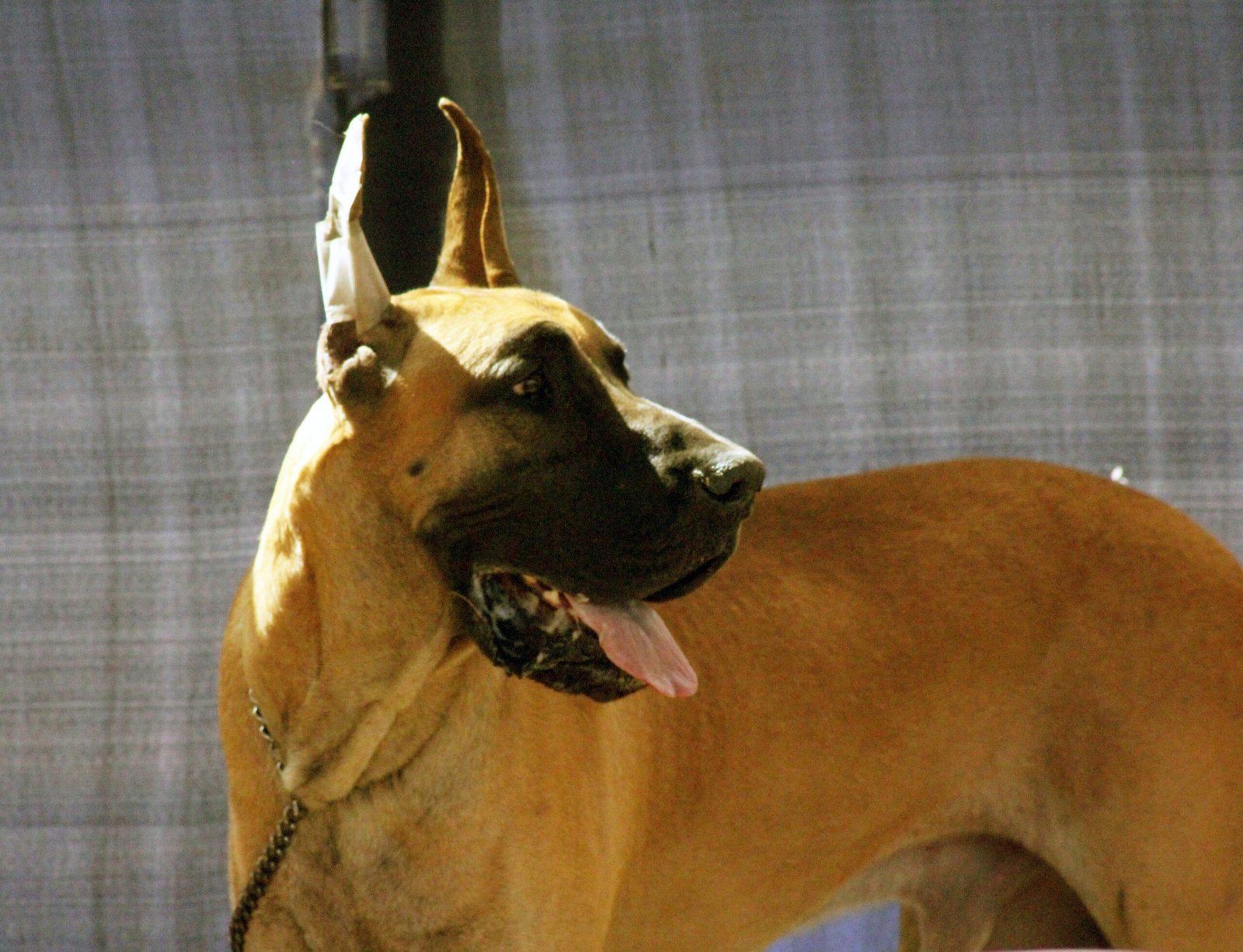
Great Danes might look imposing due to their size, but inside, they’re often called “gentle giants” for good reason. These dogs have a calm, soothing presence that can make anyone feel safe. Despite their stature, they are incredibly affectionate and sensitive to their owner’s emotions. Great Danes are patient, making them ideal for individuals who need a steady, comforting companion. They quickly pick up on emotional support tasks, offering everything from gentle nuzzles to a reassuring paw on your lap. Their loyalty is unmatched, and their calm nature can be especially grounding during moments of stress. Having a Great Dane by your side is like having a warm, protective hug available anytime you need it.
Beagle
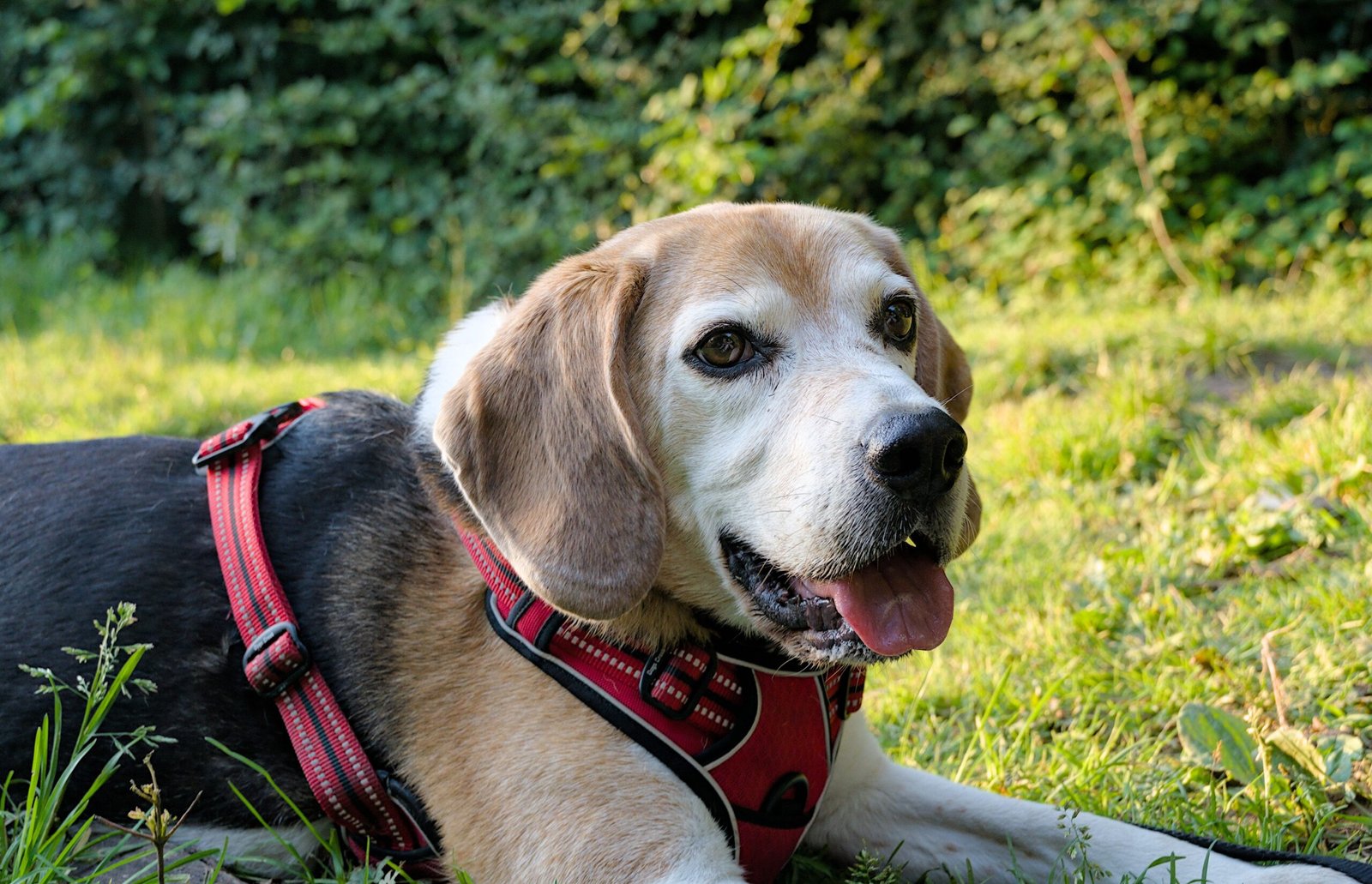
Beagles are cheerful, loving, and incredibly loyal—making them wonderful emotional support animals. Their friendly demeanor makes it easy for them to connect with people of all ages. Beagles are intuitive and often sense when their humans are feeling low, offering snuggles or playful distractions to lift spirits. They are social dogs who thrive on companionship, often becoming inseparable from their owners. Beagles are also highly trainable, learning emotional support tasks quickly. Their cute, expressive faces and wagging tails are enough to brighten anyone’s day. For those needing a balance of playfulness and affection, the Beagle is a fantastic choice.
Boxer
Boxers are known for their boundless energy and fun-loving nature, but they also have a remarkable sensitivity to human emotions. They are extremely loyal and form close, protective bonds with their families. Boxers are quick to notice when something is wrong and often stick close to their owners, offering comforting physical contact. Their playful antics can bring laughter and light to the darkest days, while their calm side offers reassurance during anxious moments. Boxers are intelligent and eager to please, making them easy to train for emotional support tasks. Their combination of strength and gentleness makes them a comforting presence in any home. For those seeking a companion that can both energize and soothe, the Boxer is a standout breed.
Shih Tzu
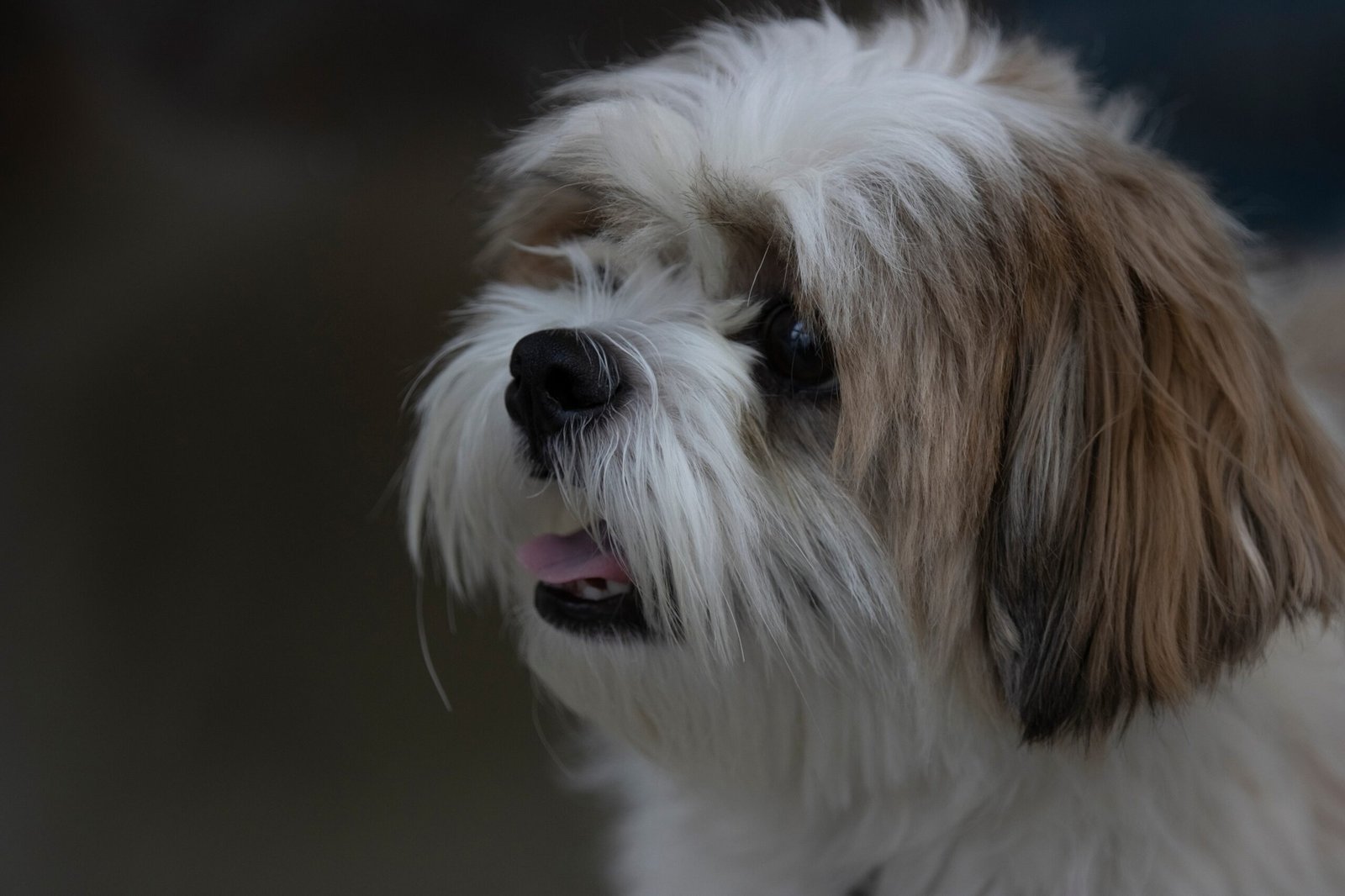
Shih Tzus may be small in size, but their capacity for love and comfort is enormous. These dogs are bred to be companions, and their affectionate nature makes them ideal for emotional support. Shih Tzus are gentle, intuitive, and always ready to provide a lap to snuggle on. They are attentive to their owner’s needs and quickly learn to recognize signs of distress. Their low-maintenance exercise requirements and adaptability make them suitable for a wide range of living situations. With their beautiful coats and sweet personalities, Shih Tzus offer a calming presence that can make a world of difference. They prove that sometimes, the best emotional support comes wrapped in a fluffy package.
Backlinks
Friday 12th of December 2025
I like this website because so much utile material on here : D.
free seo backlink generator for website
Friday 31st of October 2025
Hello there! Would you mind if I share your blog with my zynga group? There's a lot of people that I think would really enjoy your content. Please let me know. Cheers
backlinks meaning
Thursday 23rd of October 2025
Rattling instructive and wonderful bodily structure of subject matter, now that's user pleasant (:.